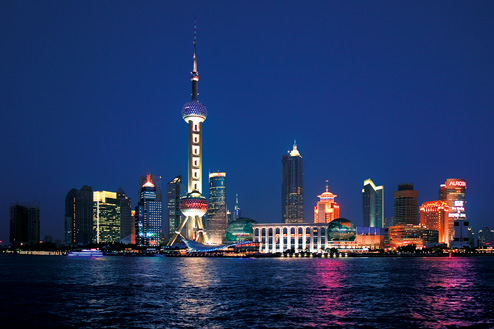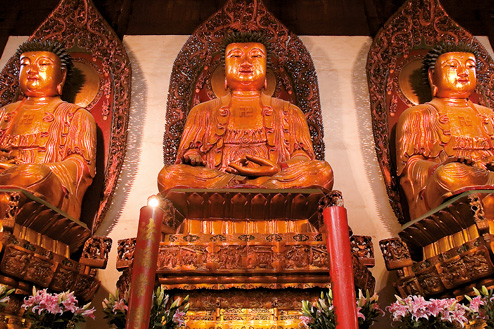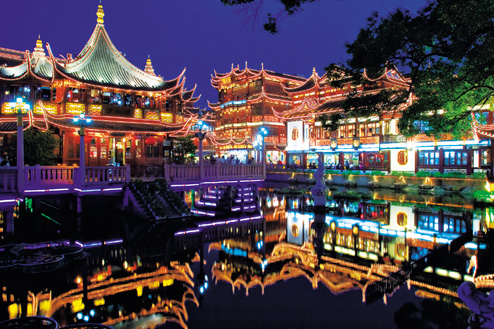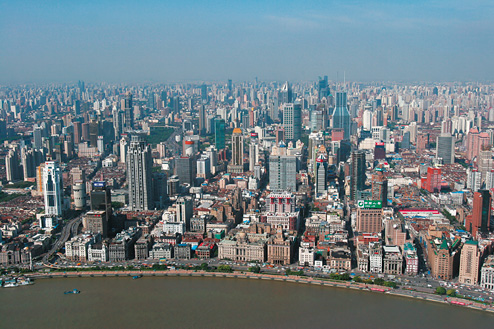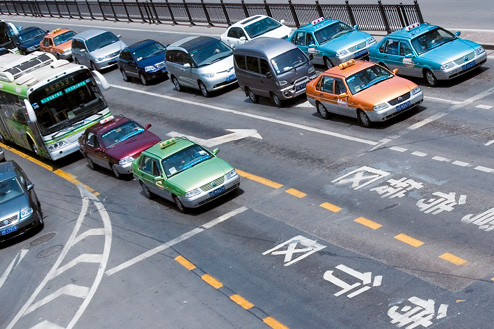Gay & Lesbian
Shanghai’s gay community is the proverbial pink elephant: glaringly present but rarely openly acknowledged. The alternative sexuality movement is built on turbulent foundations. When Mao came to power in 1949, he famously declared that homosexuality contributed to the ‘moldering [sic] lifestyle of capitalism’. The Communist regime clamped down on the gay community. Long gone were the days when homosexual British writer WH Auden raved about the excess and debauchery of 1930s Shanghai; instead, same-sex relations, where they did exist, moved underground. The chains started to loosen around the turn of the 21st century, first with the decriminalisation of sodomy in 1997 and then with the removal of homosexuality from the Chinese Classification and Diagnostic Criteria of Mental Disorders in 2001.
Nevertheless, homosexuality is still not flaunted. With old values persisting, recent statistics suggest that as many as 90% of China’s LGBTs (lesbian, gay, bisexual and transgender) enter heterosexual matrimony.
Homosexuality in both principle and practice remains a sensitive topic. LGBTs might feel uncomfortable being pink in public, while their avenues for private expression are subject to police attention and subsequent closure. In reality, same-sex relations might be coming out of the Chinese closet, but the steps taken are slow and cautious.
There are several useful resources that offer up-to-date information on Shanghai’s growing gay community. The Chiheng Foundation provides a lesbian hotline to which calls can be made between 14:00 and 16:00 (800 988 929 or 6380 4448). For more information on China’s gay scene, try www.utopia-asia.com/chinshan.htm, or www.gaychina.com.
Nevertheless, homosexuality is still not flaunted. With old values persisting, recent statistics suggest that as many as 90% of China’s LGBTs (lesbian, gay, bisexual and transgender) enter heterosexual matrimony.
Homosexuality in both principle and practice remains a sensitive topic. LGBTs might feel uncomfortable being pink in public, while their avenues for private expression are subject to police attention and subsequent closure. In reality, same-sex relations might be coming out of the Chinese closet, but the steps taken are slow and cautious.
There are several useful resources that offer up-to-date information on Shanghai’s growing gay community. The Chiheng Foundation provides a lesbian hotline to which calls can be made between 14:00 and 16:00 (800 988 929 or 6380 4448). For more information on China’s gay scene, try www.utopia-asia.com/chinshan.htm, or www.gaychina.com.

